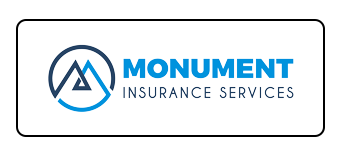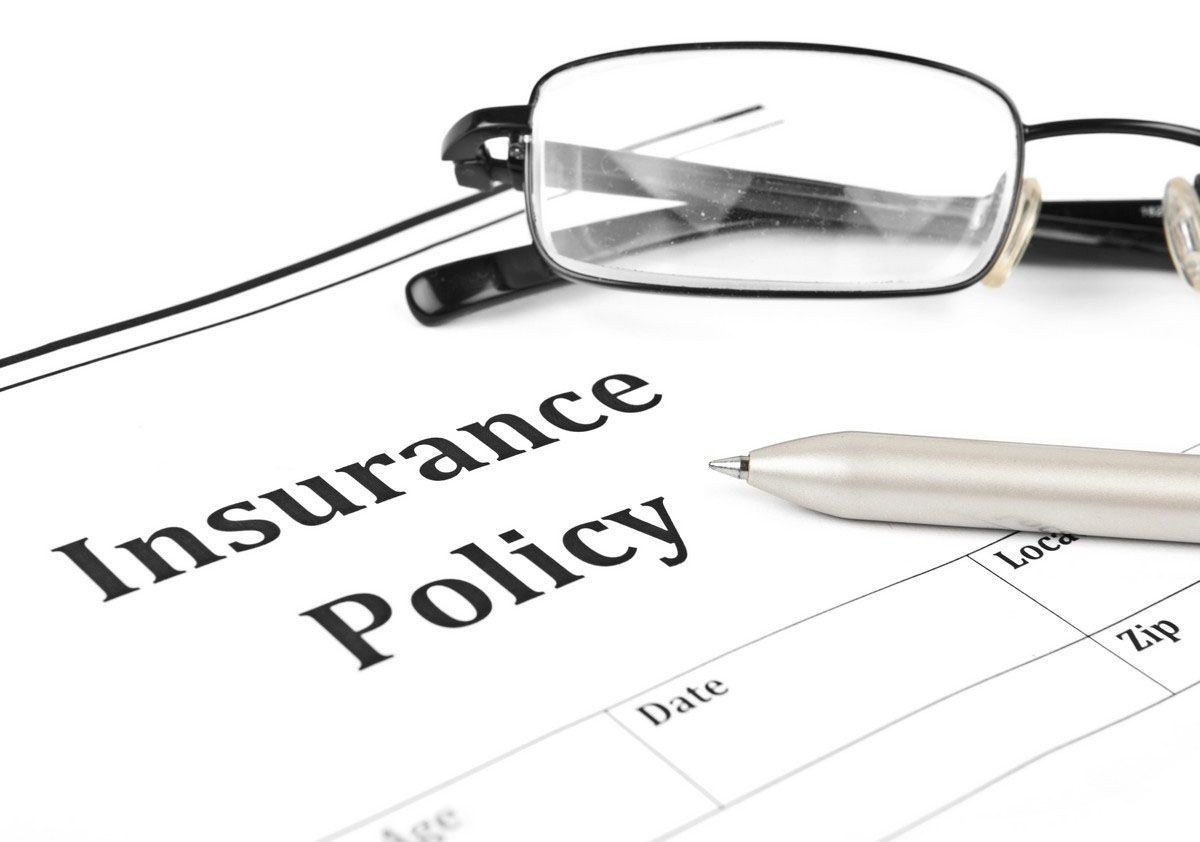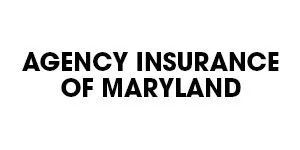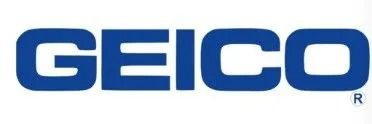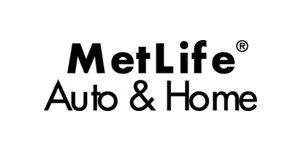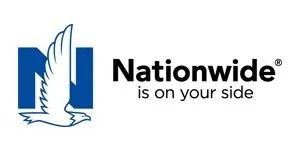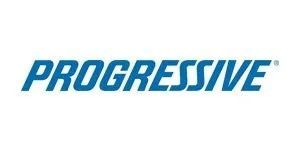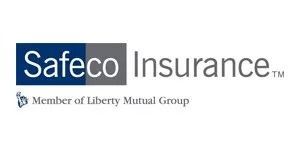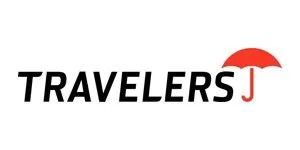July 25, 2025
In today's world, having auto insurance is not just a legal requirement but also a critical safety net for drivers. The complexities of choosing the right coverage can be daunting, but understanding auto insurance is crucial for protecting oneself financially and ensuring peace of mind. With various options and factors influencing premiums, knowledge is power when it comes to making informed decisions on auto insurance purchases.
Auto insurance offers coverage against potential financial losses that can arise from accidents, theft, or other unforeseen events. The importance of being well-informed before making a purchase cannot be overstated, as it directly impacts one's financial health and security. This article delves into the key aspects of auto insurance, offering insights into coverage types, premium factors, and savings opportunities.
According to Forbes, there has been an overall increase of over 63% in auto insurance costs since 2014, underscoring the need for careful consideration and planning when selecting a policy. This increase highlights the importance of understanding the components that make up insurance policies to ensure maximum coverage at an affordable rate. By exploring the following sections, prospective policyholders can gain the expertise needed to navigate the auto insurance landscape effectively.
Know What to Expect From Liability Coverage
Liability Coverage
Liability coverage is a fundamental component of auto insurance and is often mandated by law. It offers financial protection against claims resulting from injuries and damage to other people or property when the policyholder is at fault. This form of coverage is crucial as it not only protects one's assets but also provides peace of mind that any liabilities from an accident will be covered. However, it's important to remember that liability coverage does not protect the policyholder’s car; it only covers the other party involved in an accident. Therefore, ensuring adequate liability limits is essential to avoid out-of-pocket expenses in severe accidents.
Liability coverage is typically divided into two parts: bodily injury liability and property damage liability. Bodily injury liability covers medical expenses, loss of income, and legal fees for injuries that the policyholder is legally responsible for. Meanwhile, property damage liability covers the cost to repair or replace another person's property damaged by the policyholder's vehicle. Coverage limits are usually expressed in three numbers, such as 50/100/25, representing the maximum payout per person, per accident for bodily injury, and property damage, respectively. It is advisable to carry more than the state-mandated minimum liability coverage to ensure comprehensive financial protection.
While liability coverage addresses at-fault accidents, it does not encompass the policyholder's own injuries or vehicle damage. Understanding this limitation prompts many drivers to explore additional coverage options. In the unfortunate event of a serious accident, carrying low liability limits could result in substantial financial burdens that exceed insurance coverage. Therefore, discussing coverage needs with an insurance agent can help in determining appropriate limits based on individual circumstances and risks. Adequate liability coverage is a vital component of any responsible auto insurance policy, ensuring protection against unforeseen and expensive consequences.
Know What to Expect From Collision Coverage
Collision Coverage
Collision coverage pays for damage to the policyholder's vehicle resulting from a collision, regardless of who is at fault. This coverage is ideal for protecting newer vehicles, as the cost to repair or replace them can be significant. When acquiring collision coverage, policyholders should weigh the cost of the premium against the value of their vehicle and their ability to pay out-of-pocket expenses. For those with an outstanding auto loan, lenders typically require collision coverage until the loan is paid in full. This adds a layer of financial security for both the lender and borrower, ensuring the vehicle's value is protected.
One of the main benefits of collision coverage is its ability to facilitate quick vehicle repairs or replacement after an accident. Policyholders can avoid the financial strain of unexpected repair costs that might otherwise be unaffordable. The deductible chosen will influence the premium rate; a higher deductible typically results in lower premiums but more out-of-pocket expenses in the event of a claim. It's important to choose a deductible based on budget and comfort level with risk. Understanding how collision coverage works helps drivers make balanced decisions about protecting their investment in their vehicle.
In comparison to other coverage options, collision coverage offers distinct advantages for keeping a vehicle operational and avoiding inconvenience after accidents. Drivers who have invested significantly in their vehicles or rely heavily on them for daily transportation will benefit from the added security collision coverage provides. However, it should be noted that collision coverage does not extend to damages caused by natural disasters or theft, which fall under comprehensive coverage. Evaluating individual needs and financial situations allows drivers to choose coverage options best suited to their lifestyle and vehicular protection needs.
Know What to Expect From Comprehensive Coverage
Comprehensive Coverage
Comprehensive coverage offers protection against damages not caused by an accident, including theft, vandalism, natural disasters, and animal collisions. It provides financial peace of mind for vehicle owners, shielding them from unpredictable events that could result in significant repair costs. For example, comprehensive coverage would cover damage to a car due to a fallen tree limb during a storm or a smashed window from a break-in. As with collision coverage, comprehensive insurance typically involves a deductible, which affects the premium cost. Selecting a deductible that aligns with personal financial readiness is integral to optimizing comprehensive coverage benefits.
While comprehensive coverage is optional, it is often recommended for vehicles that hold significant value. This is particularly true for new cars or when living in areas prone to natural disasters or high crime rates. Comprehensive coverage ensures that unpredictable losses are covered, thus preserving the vehicle's value and minimizing out-of-pocket expenses. Drivers must assess their risk exposure and consider comprehensive coverage as part of a robust auto insurance package. Maintaining comprehensive coverage can save significant financial distress should the unexpected occur.
Insurance providers assess several factors when determining comprehensive coverage premiums, including the vehicle's make and model, location, and driver's history. Evaluating these elements within the policy also allows for potential premium savings and tailor-fitting coverage to individual situations. In regions experiencing frequent natural disasters or high theft rates, comprehensive coverage becomes increasingly valuable. By being thoroughly informed about the offerings and terms of comprehensive coverage, drivers can craft an insurance plan that offers broad protection and security against a wide array of potential risks.
Know What to Expect From Personal Injury Protection Coverage
Personal Injury Protection Coverage
Personal Injury Protection (PIP), often known as no-fault insurance, covers the medical expenses and, in some cases, lost wages and other damages related to injuries in a car accident. It covers the policyholder, their passengers, and, in some cases, pedestrians, regardless of fault. PIP is particularly beneficial in no-fault states where it is required to expedite claims processes and reduce litigation. In addition to covering medical expenses, PIP can extend to rehabilitation costs, funeral expenses, and even essential services a person may be unable to perform due to injury, such as childcare. This broad spectrum of coverage provides comprehensive assistance, making it a valuable component of a well-rounded auto insurance policy.
Know When to Reach Out for Professional Help
Choosing the right auto insurance takes careful consideration of your needs, coverage options, and long-term financial goals. By understanding the essentials before you buy, you can avoid surprises and feel confident in your policy. If you're ready to get started or want help reviewing your current plan, reach out to Monument Insurance today—we’re here to help you find reliable auto insurance that fits your life and your budget.

